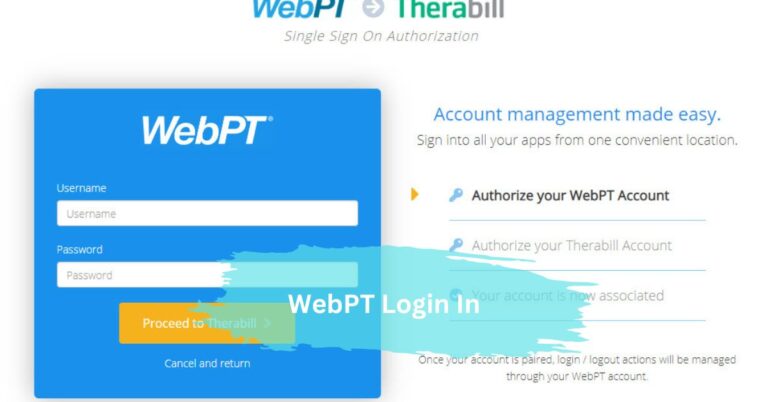Securing the Funds: Exploring Financing Options for Your Janitorial Franchise Venture
The janitorial industry is a lucrative and ever-growing sector, with franchise opportunities offering a promising path to entrepreneurship. However, starting a janitorial franchise requires substantial capital investment, making securing adequate financing a critical step. In this article, we will explore various financing options available to aspiring franchise owners.
From self-financing and small business loans to franchise financing programs and alternative funding sources, we’ll dive into the pros, cons, and considerations for each approach to help you make an informed decision.

KEY TAKEAWAYS
- Adequate financing is essential for a successful janitorial business venture.
- Self-financing offers control but limits capital and carries personal financial risks.
- Small business loans and franchise financing provide funds but with repayment obligations and potential restrictions.
- Venture capital, angel investors, crowdfunding, and peer-to-peer lending are alternative financing avenues to explore.
Franchise Financing Programs
Many janitorial franchise companies offer financing programs specifically designed for their franchisees. For those considering janitorial franchise opportunities, these programs can provide a streamlined process for obtaining the necessary funds, as the franchisor is interested in helping you succeed. When exploring franchise financing options, it’s crucial to understand the terms, conditions, and requirements set forth by each franchisor.
Some may require a substantial upfront investment or down payment, while others may offer more flexible repayment plans. While franchise financing can be convenient, it’s essential to evaluate the long-term implications carefully. You may be subject to higher interest rates or restrictive clauses that limit your control over the business. Additionally, defaulting on franchise financing could potentially jeopardize your franchise agreement.
Small Business Loans
Securing a small business loan is a popular financing option for many entrepreneurs. These loans can come in the form of term loans or lines of credit, providing you with the necessary funds to cover your upfront costs and ongoing operational expenses. To qualify for a small business loan, you’ll typically need a solid credit history, a comprehensive business plan, and realistic financial projections.
The loan application process can be lengthy, requiring you to provide detailed documentation and undergo a rigorous evaluation by lenders. Once approved, you’ll need to understand the interest rates, repayment terms, and collateral requirements associated with the loan. While small business loans can provide the capital you need, they also come with the added responsibility of making timely loan payments and the potential risk of losing collateral if you default.
Self-Financing and Personal Savings
Tapping into your savings can be a straightforward way to fund your franchise venture. This approach gives you complete control over the business, as you won’t have to answer to any lenders or investors. Additionally, you’ll avoid paying interest on loans, potentially saving you a significant amount of money in the long run. However, self-financing also comes with its drawbacks. You may have limited capital available, which could hinder your ability to fully capitalize on growth opportunities or weather economic downturns. Moreover, you risk depleting your assets, leaving you financially vulnerable if the business struggles. To self-finance, you’ll need to calculate the total investment required, including the franchise fee, equipment, supplies, and working capital. Then, you’ll need to develop a strategy for building a substantial savings pool, which could involve aggressive budgeting, selling assets, or tapping into alternative sources like 401(k) loans or home equity lines of credit.
Venture Capital and Angel Investors
For those seeking significant growth capital or a strategic partnership, venture capital firms and angel investors can be viable financing options. These investors provide funding in exchange for equity in your business, often bringing valuable industry experience and connections to the table. To attract venture capital or angel investors, you’ll need to craft a compelling pitch and investment proposal that demonstrates the potential for substantial returns. Negotiating favorable terms and equity-sharing arrangements is critical, as you’ll want to maintain a meaningful stake in your janitorial franchise venture. Managing investor expectations and reporting requirements can be demanding, as these investors will expect regular updates and may seek a more active role in guiding the business. However, the influx of capital and strategic guidance can be invaluable for accelerating growth and achieving long-term success.
Alternative Financing Options
If traditional financing routes prove challenging, alternative financing options may be worth exploring. Peer-to-peer lending platforms offer avenues for securing funds from individual lenders. These platforms use algorithms to match borrowers with potential lenders, often providing more flexible terms than traditional loans. Seeking funding from family and friends can also be a viable option, but it’s essential to maintain professionalism and clear communication to avoid straining personal relationships. Business credit cards and lines of credit can also provide short-term financing, but be cautious of high interest rates and the potential for accumulating excessive debt.
In a Nutshell
Securing the necessary funds for your janitorial franchise venture is a critical step toward realizing your entrepreneurial dreams. From self-financing and small business loans to franchise financing programs and alternative funding sources, each option presents its unique advantages and challenges. Careful research, due diligence, and seeking professional advice from financial advisors can help you navigate the financing landscape and make an informed decision that aligns with your goals and risk tolerance.




